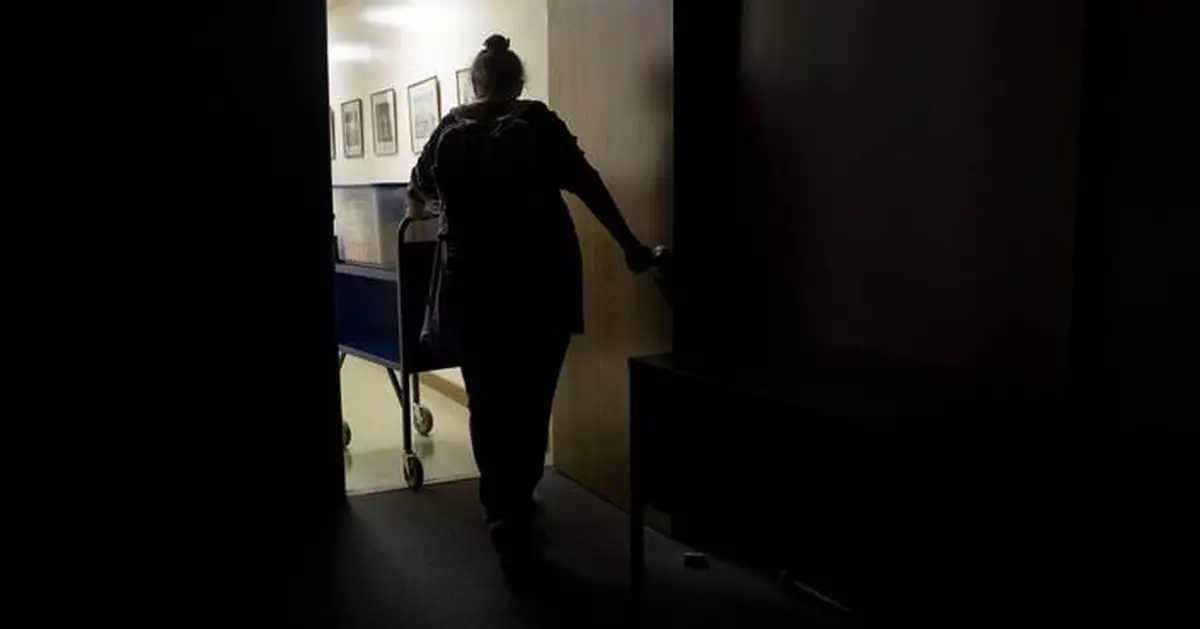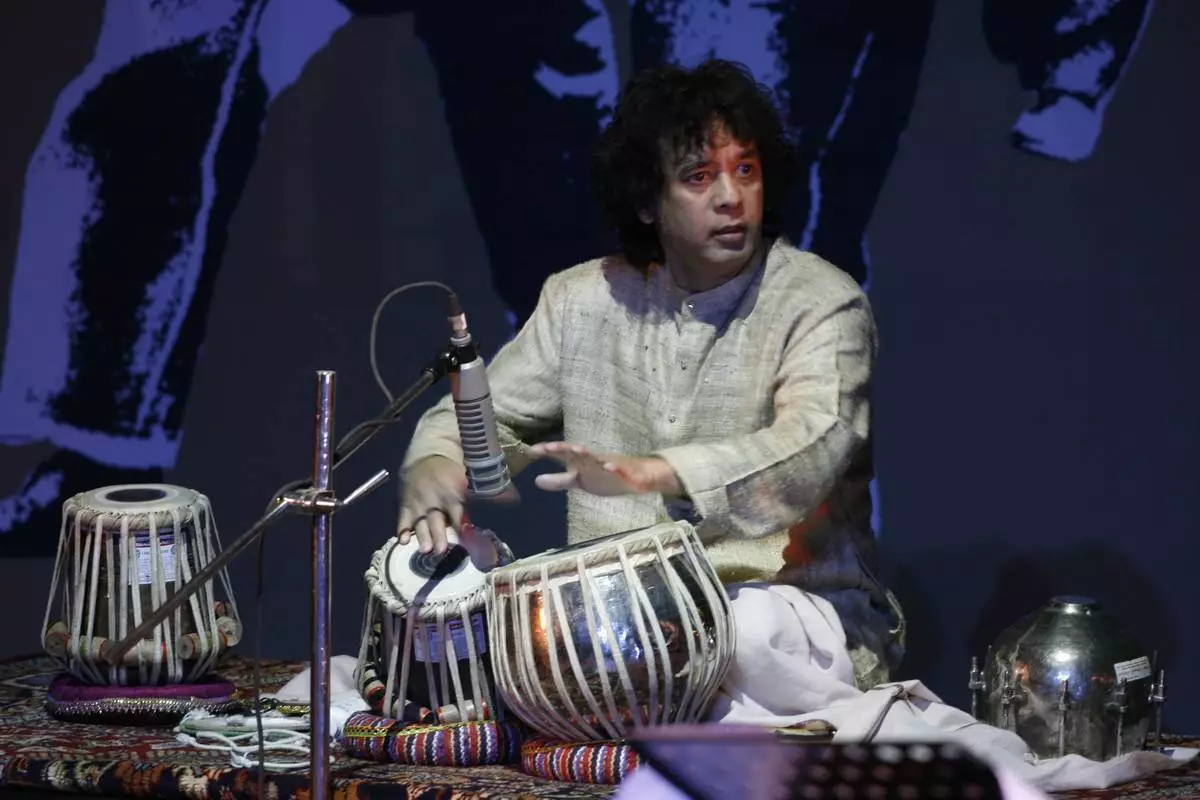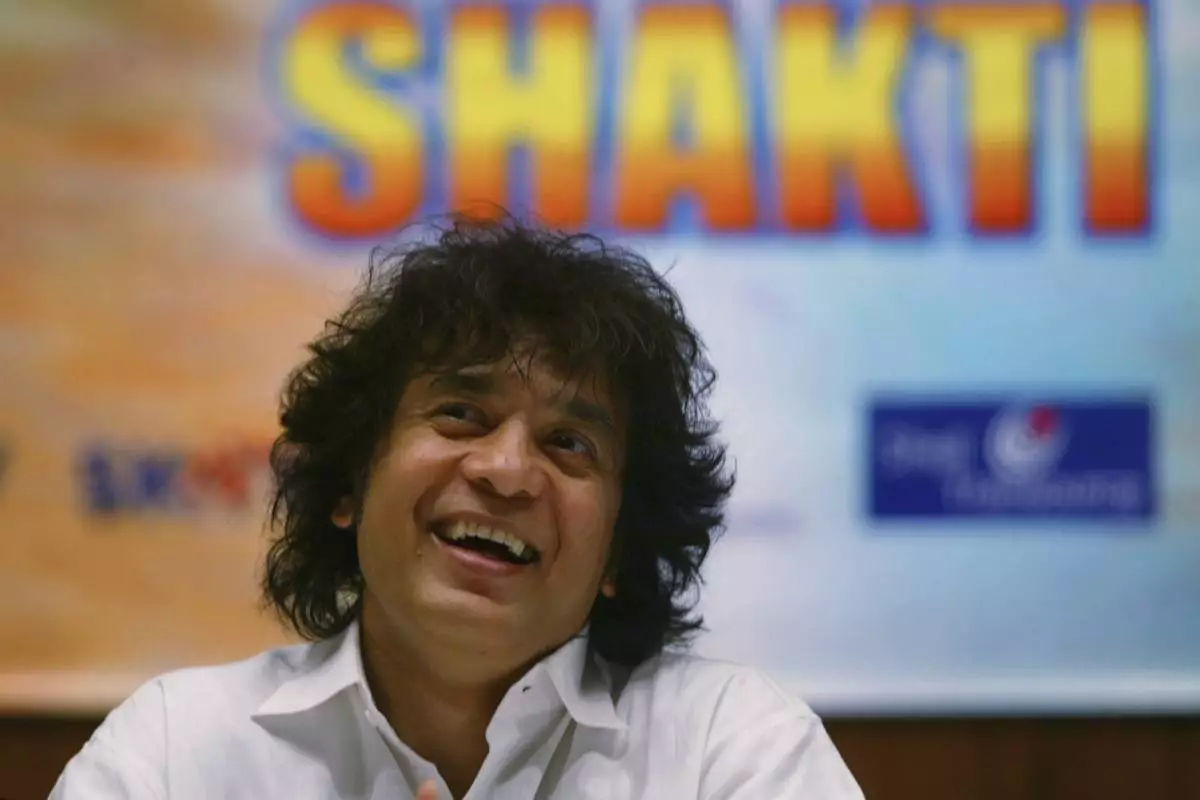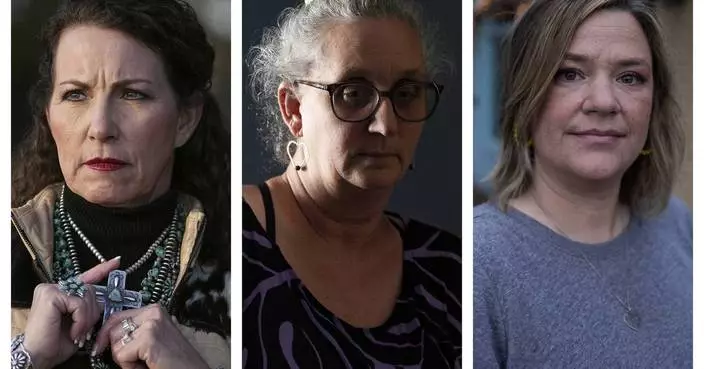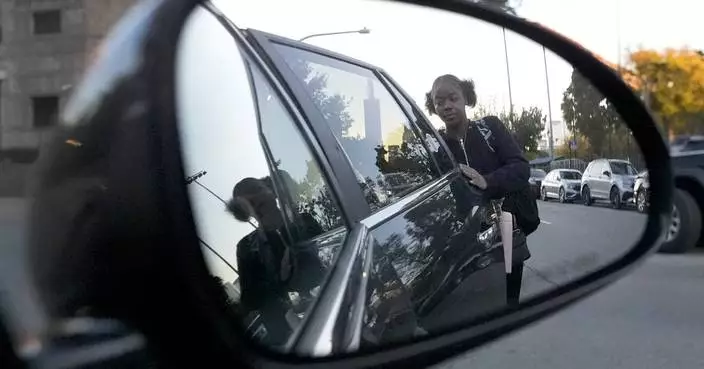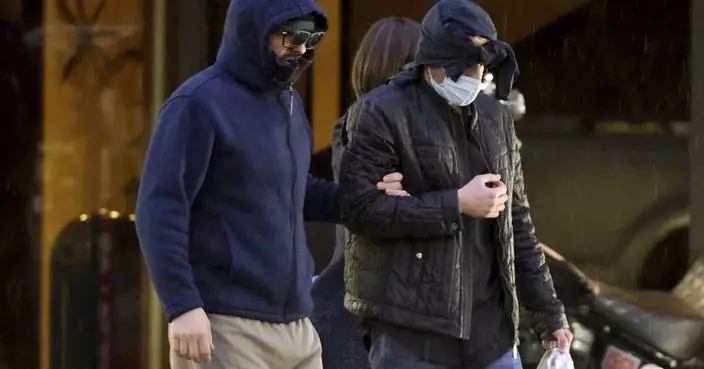BOISE, Idaho (AP) — For decades, a little-known Christian sect has dealt with its abusive ministers and spiritual elders mostly in secret, shunning legal action in favor of urging victims to forgive the predators in their midst.
Forgiveness, however, was far from a cure: The abusers were often sent to live with other unsuspecting families, where they had easy access to new victims.
Now a grassroots effort by survivors has exposed the depth of the scandal — documenting allegations against more than 900 abusers in 30 countries, with cases continuing to emerge — and thrust the nameless sect into the public eye. The FBI has also launched an investigation into the group, sometimes called the “Two by Twos.”
The Associated Press interviewed more than a dozen current and former members, workers and experts, and reviewed letters, court documents and other records supporting the allegations. Several sect leaders and ministers either declined interview requests or did not respond to messages.
Here are some takeaways from the AP's reporting.
Child sex abuse is a significant problem within many religious institutions: Insurance data company Advisen lists child sexual abuse as the second most frequent insurance loss for religious organizations, after wage-related claims. But survivors say the tenets of the Two by Twos place kids at particularly high risk.
The sect believes its volunteer ministers, called “workers,” should live among followers and rely on them for food, housing and other needs.
Many survivors told the AP they were abused by preachers staying in their homes. In some cases, the abuse was revealed and the offending worker was asked to leave the ministry. Frequently, however, regional leaders called “overseers” simply transferred the worker to a new region without warning other members.
Former sect member Pam Walton uses photos from annual sect conventions, reports from members and other records to track the movements of workers and overseers with abuse allegations.
“I don’t think people were understanding the magnitude that these men and women traveled,” Walton said.
One abusive overseer, Dean Bruer, served in at least 22 states and territories and seven countries from the time he joined the ministry in 1976 until his death in 2022.
Former worker Jared Snyder says bringing up someone's past sins is considered taboo because that person “has already been forgiven by God.” As a result, members and workers alike often would only talk euphemistically about problems, Snyder said, and even major misdeeds were frequently downplayed.
“There is an underlying fear of being judged as a person who has a ‘bad spirit’ if you are not merciful enough," Snyder says.
Some sect leaders cautioned against digging into allegations. One overseer told Snyder, “The less you know, the better off you are,” he said.
Some U.S. states have laws that require spiritual leaders, teachers and others in positions of authority to report child abuse allegations to authorities. Letters and other documents show some overseers tried to skirt those laws.
Ed Alexander, a regional overseer for Arizona, wrote a letter to a child-molesting elder urging him to seek professional counseling. That way, Alexander claimed, the sect would not have to report the man's crime and instead the counselor could take on reporting responsibility.
Alexander declined to comment.
As a teen, Sheri Autrey felt unprepared to describe the intimate details of her abuse to a jury, so her parents declined to put her through the criminal prosecution process. When Autrey tried to press charges as an adult, it was too late — under California state law, too many years had passed since the crime.
Autrey tried to find an attorney to sue the sect, but no one would take the case. Legal experts say the sect's aversion to property leaves it without any apparent assets that could be used to pay a legal settlement.
Left without legal options, many survivors joined grassroots efforts to support each other. One organization, Advocates for the Truth, created a 24-hour confidential hotline for survivors, investigated and tracked allegations, and connected victims with therapeutic resources and funding.
Facebook pages and online chat rooms have also given survivors a place to compare stories, discuss faith and share suggestions for reform.
A grand jury began looking into the sect last year, and in February the FBI asked people with information to come forward. Agents have interviewed multiple survivors and sect leaders over the last several months.
Some sect leaders have condemned the abuse and asked consultants for advice on how to better protect members. Others have rejected recommended child abuse prevention policies outright, or implemented scaled-down versions with fewer safeguards.
Still, the pressure doesn't seem likely to let up anytime soon. Former sect member and survivor Lisa Webb says advocating for other survivors has been her therapy.
“I'm not trying to take away your salvation or attack your faith, but how can we keep our kids safe? You can respect the faith, respect the religion, but still not be naive," Webb said. “Just the fact that the conversation is out there now means we've already improved the safety. ... There's a rallying behind survivors.”
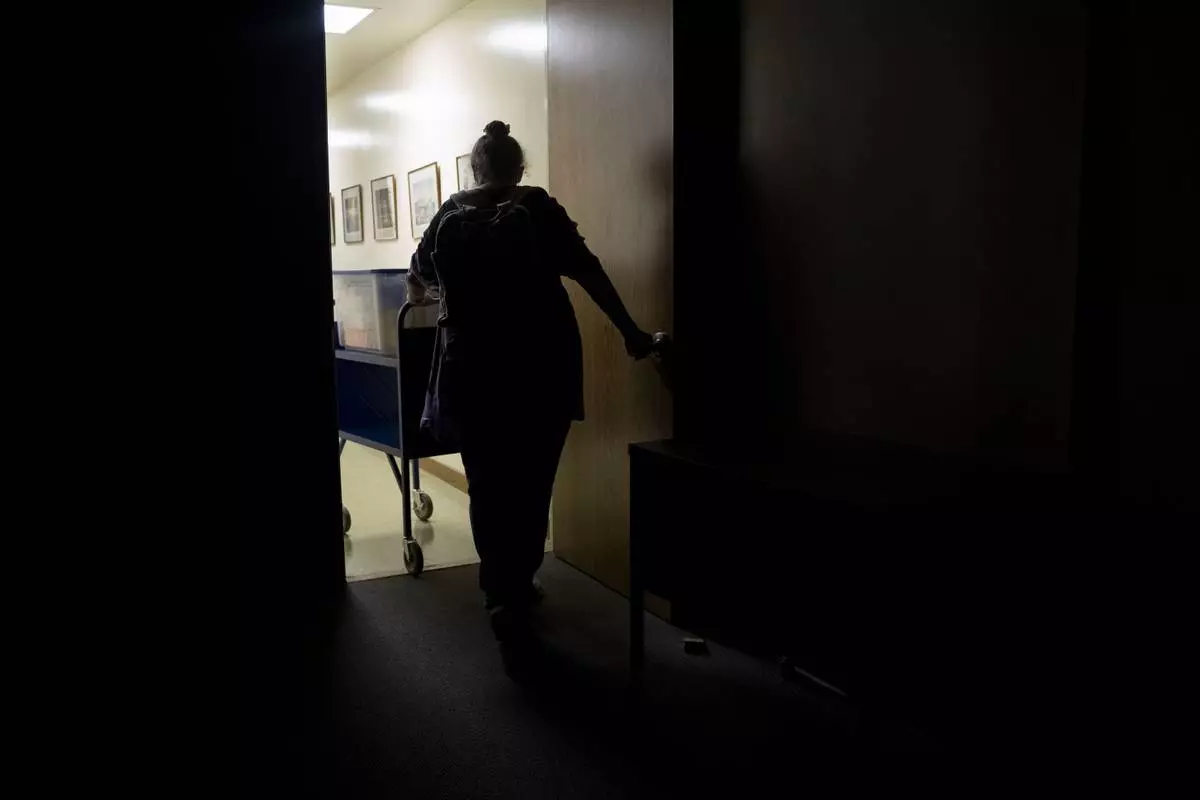
Pam Walton leaves a library with her container including photographs and lists of "Two by Twos" conventions, members and ministers, Monday, Dec. 9, 2024, in Wailea, Hawaii. (AP Photo/Mengshin Lin)


